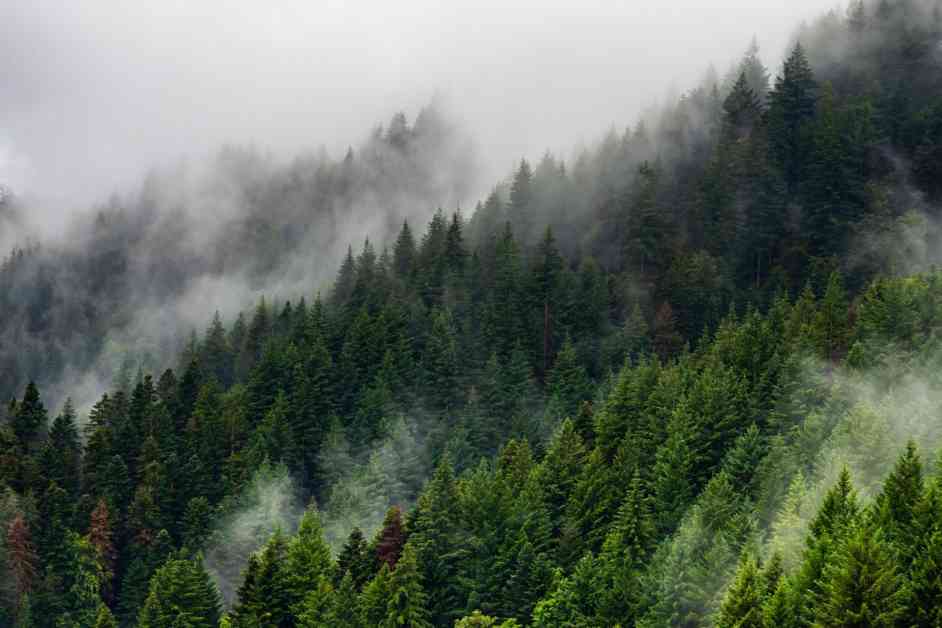Trees are essential for our environment, but recent research shows that they are no longer absorbing as much carbon dioxide as they used to. This is a worrying sign of the Earth’s declining resilience in the face of climate change.
The impact of this decline in carbon absorption is significant. It means that the natural processes that help regulate the Earth’s climate are failing. We have relied on trees, land, and oceans to absorb the carbon emissions we release into the atmosphere, but with their capacity decreasing, we are facing a more uncertain future.
The oceans, which have been crucial carbon sinks, are also struggling to absorb carbon effectively. Zooplankton, for example, are experiencing reduced carbon absorption due to melting sea ice. This imbalance in natural carbon absorption is a cause for concern as it contributes to the acceleration of global temperatures.
Researchers are working to better understand how carbon flows through the environment, but it is clear that immediate action is needed to address this issue. As individuals, we can make a difference by making sustainable choices in our daily lives. Switching to electric vehicles, reducing waste, and consuming plant-based foods are just a few ways we can help reduce our carbon footprint.
Ultimately, the responsibility falls on all of us to protect our planet and ensure that we can maintain a healthy environment for future generations. By taking small steps towards sustainability, we can contribute to the preservation of our natural carbon sinks and help mitigate the effects of climate change.













